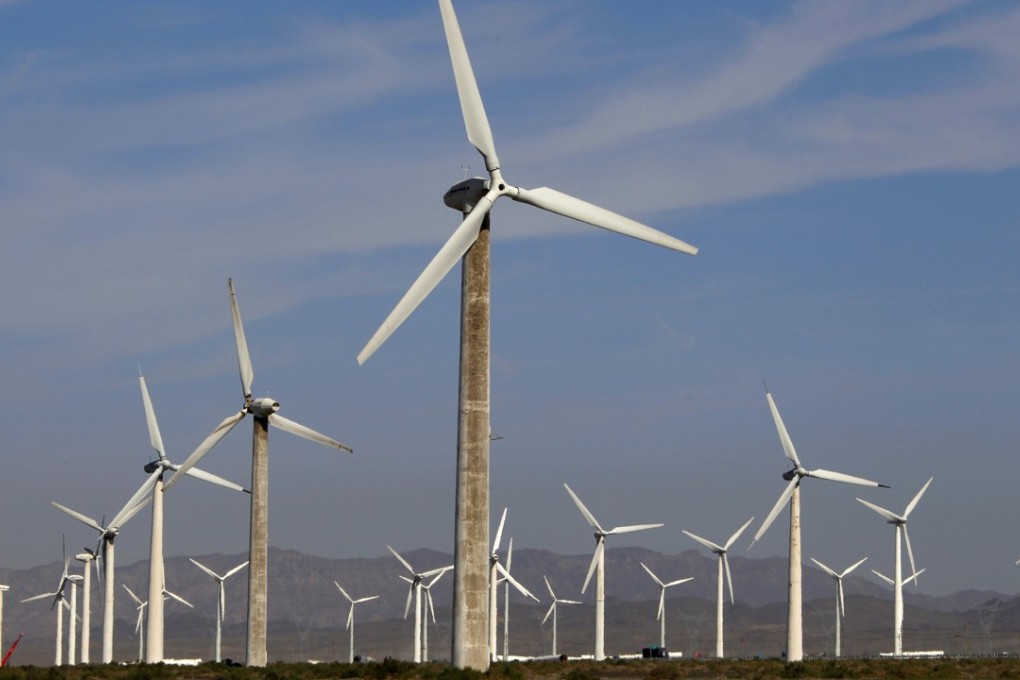GE sees new Silk Road a stroke of luck for its business
The US industrial giant is partnering with Chinese peers to optimise resources to develop opportunities that would be complex due to the economic and political risks involved

In China’s drive for a new economic order, General Electric (GE) sees the new Silk Road as a stroke of good fortune that bolsters the company’s move to profit from China’s outbound investments on the emerging markets along the route.
The US company believes the timing could not have been better. After reaping high margins from delivering sophisticated technologies and advanced manufacturing techniques to the mainland market for more than 30 years, the rise of domestic companies that acquired and assimilated foreign technologies had turned foreign investors from being front runners to equal competitors.
Rachel Duan Xiaoying, chief executive of GE’s China business, says Beijing’s efforts to exert its weight on global trade and geopolitics pair well with their experience in finance, infrastructure and power projects. The US industrial giant comes fully prepared to partnering with mainland financial juggernauts, infrastructure builders, power producers to tap the business potential along the routes, she stressed.
“GE has already had operating teams and business network in 63 of the 65 countries along the routes,” Duan told the South China Morning Post. “The partnership with Chinese companies via the Belt and Road Initiative will certainly be elevated to an international level.”

The initiative, which connects a belt of overland corridors and sea routes, aims to boost financial and trade ties for nations that lie along the routes.
Beijing, on its part, has been unsparing in selling the plan as a cooperative enterprise to the world. While the central government has pledged US$52.5 billion to the Silk Road Fund, Chinese companies and banks have ploughed in much more, into multibillion dollar projects in markets along the route. These markets have a combined economic output of US$21 trillion, accounting for 30 per cent of the world’s total.
